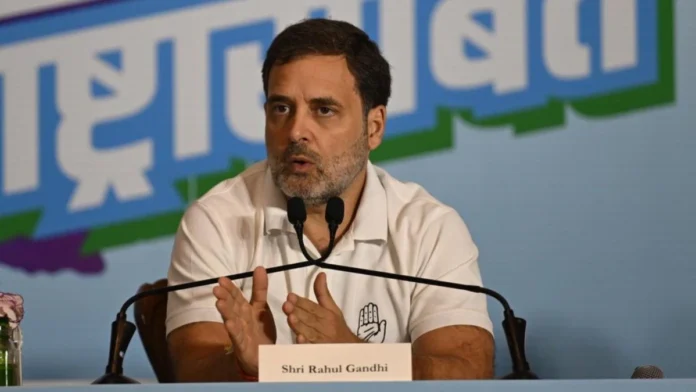New Delhi [India], December 8 : Congress General Secretary Jairam Ramesh on Sunday criticized the Bharatiya Janata Party (BJP)-led government over its approach to India-China relations, questioning whether the Modi government has agreed to a “new normal” that does not restore the Line of Actual Control (LAC).
Ramesh reiterated the opposition’s demand for a debate in Parliament on the issue of China, stressing the need for a national discussion on both the strategic and economic implications, especially since India’s economic dependence on China has grown. He also called for clarity on the government’s position regarding the ongoing border tensions.
In a post on X, Ramesh expressed disappointment over the lack of opportunity for MPs to seek clarifications on External Affairs Minister S. Jaishankar’s statement in Parliament about India’s relations with China. He lamented that the government had prevented any discussion on the matter in Parliament, which he said was crucial to reflect the nation’s resolve on addressing the border challenges with China.
The Congress leader noted that while India and China reached an agreement in October 2024 regarding patrolling arrangements along the LAC, the border standoff, which began in 2020, had caused significant tensions. He criticized the Modi government’s response to the crisis, pointing out that the Prime Minister had initially downplayed the situation by claiming “no one has entered our territory, nor is anyone intruding,” a statement that Ramesh believes weakened India’s position in negotiations.
Ramesh also pointed to recent statements by the Chief of Army Staff and the Ministry of External Affairs that seemed to signal a shift in India’s stance, suggesting that India may be accepting a settlement that does not restore the LAC to its pre-April 2020 status. He raised concerns about “buffer zones” where Indian troops and livestock owners were reportedly denied access, questioning if the Modi government has agreed to a “new normal” that does not fully resolve the border issues.
Furthermore, Ramesh questioned the lack of Chinese confirmation on disengagement in critical areas like Depsang and Demchok, and raised concerns over the restoration of grazing rights for Indian herders and unhindered access to traditional patrol points.
Reiterating the Congress party’s position, Ramesh urged the government to allow a parliamentary debate on the China issue to ensure transparency and reflect the collective will of the nation. He emphasized that the debate should cover both strategic and economic policies, especially as India’s ties with China have grown more complex in recent years.


